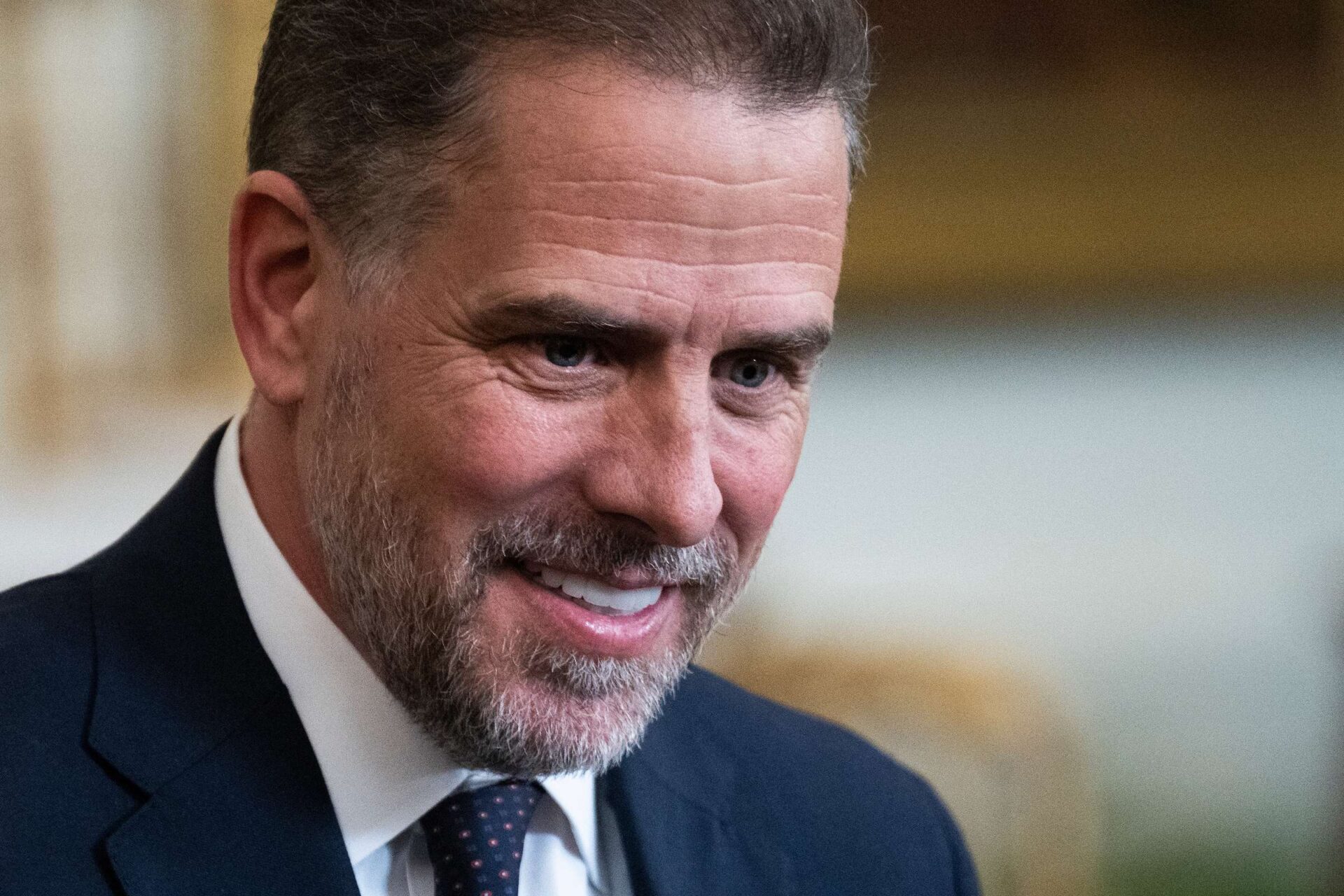In a significant turn of events, federal prosecutors have filed charges against Hunter Biden, the son of President Joe Biden. The indictment, unveiled on Thursday in a Delaware federal court, brings to light a series of allegations related to gun ownership and the possession of narcotics.
The charges against Hunter Biden comprise three counts. The first two counts revolve around his alleged misrepresentation on a federally mandated form when he purchased a Colt Cobra revolver in October 2018. Biden is accused of falsely certifying that he was not using illegal drugs at the time of the purchase. The third count alleges that he was in possession of a firearm while using narcotics. These serious charges carry severe penalties, with two of them potentially leading to a maximum prison sentence of 10 years, while the third count holds a maximum of five years.
This historic indictment has come to light following the collapse of a plea deal that could have concluded a lengthy investigation into Hunter Biden. Simultaneously, House Republicans have initiated an impeachment inquiry aimed at obtaining bank records and various documents related to President Joe Biden and his son.
BREAKING: Hunter Biden is indicted on federal firearms charges in a long-running probe weeks after a plea deal fell apart. https://t.co/vC0iy6FTAW
— The Associated Press (@AP) September 14, 2023
The oversight of this high-profile case falls under the purview of special counsel David Weiss, who also led the initial investigation. Weiss, a Trump appointee, retained his role as U.S. attorney for Delaware due to the unique and sensitive nature of the inquiry into the son of a sitting president. U.S. Attorney General Merrick Garland appointed Weiss as special counsel in August, following the breakdown of negotiations involving tax and gun-related charges.
When approached by NBC News, Weiss refrained from providing any comments regarding the ongoing investigation.
The investigation into Hunter Biden’s finances commenced in 2018, a year before Joe Biden announced his presidential candidacy. It primarily focused on financial matters related to the younger Biden.
A plea agreement was reached in July, suggesting that Hunter Biden would plead guilty to two misdemeanor counts of tax evasion in Delaware federal court, with prosecutors recommending a probationary sentence. As part of this arrangement, a felony gun charge concerning the illegal ownership of a Colt Cobra .38 Special handgun would have been dropped in two years, contingent on Biden’s compliance with the terms of a diversion agreement.
However, the plea agreement encountered setbacks during a court appearance where it was anticipated to be finalized. U.S. District Judge Maryellen Noreika, who was appointed by Trump, raised concerns about certain provisions within the agreement, including one that could potentially shield Biden from other tax-related charges from the same time period.
Prosecutors contended that the diversion agreement would not extend protection to different charges, while Hunter Biden’s attorneys argued otherwise. Judge Noreika requested additional information from both parties, ultimately resulting in the dissolution of the agreement. This turn of events prompted criticism from Republicans, who labeled it a “sweetheart deal.”
In a case that has captured national attention, Hunter Biden finds himself facing a tumultuous legal battle with potentially dire consequences. The coming months will undoubtedly shed more light on the details of this historic indictment, as the legal system takes its course.

